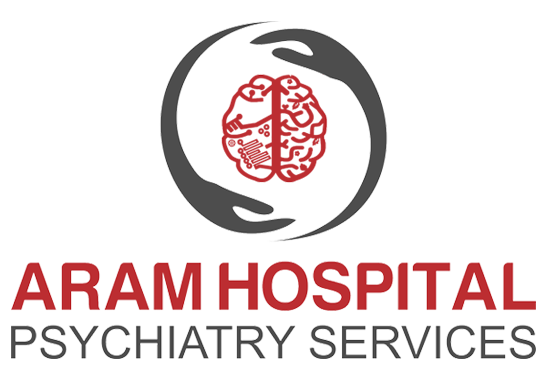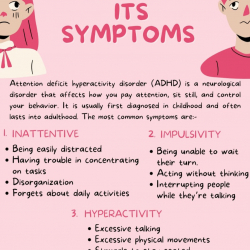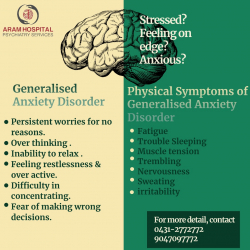POST TRAUMATIC STRESS DISORDER
Post Traumatic Stress Disorder (PTSD) is a mental disorder that occurs to people who have experienced traumatic events or situation of catastrophic in the past such as, man made disaster,combat,serious accident , witnessing the violent of death of others, being the victim of torture, terrorism and rape. Those traumatic experience might have
happened in the past and the person who experienced the traumatic event will be triggered frequently with those traumatic incident, in which they would deviate from the reality and dwell in the intrusive memories aka flashbacks. This condition may last few weeks to months (rarely for 6 months according to ICD-10). Duration of this period people experienced those traumatic event repeatedly witness their flash backs and as a result of which the victim of PTSD will experience numbness of feeling, preoccupied thoughts, mixed emotions, emotional out-burst, lack of concentration or focus, lack of contribution, self-blame, lost interest in which they used to enjoy in the past, detachment from people and avoidance of situation that terrified them in the past, unresponsive to the surroundings, sexual dysfunctions and panic attack. People with PTSD will experience those above-mentioned symptoms no longer than 6 months, but it may vary as to the severity of the illness.
Symptoms of PTSD:
Symptoms of PTSD may differ according to the intensity of the illness anyone experienced
in the past. These are as follows ,
1) Reliving in the terrifying event: People with PTSD will dwell on the thoughts or memories of the traumatic events, including pseudo hallucinations or hallucinations, flashbacks , as in night dreams. Reminding of those trauma will arise high anxiety and panic attack even though they are out of the trauma. As they unintentionally brood over those traumatic event so often, they would get distressed and be not able to live in the reality.
2) Avoiding situations: People may avoid the place, people and situations that remind them of the trauma. This may detach from the people whom they close to and be in isolation, they would lost their interests which they used to enjoy and lost the feeling for pleasure (anhedonia). These may cause emotional numbness and unresponsive to the surrounding.
3) Increased Arousal: There is usually a state of hyperarousal with hypervigilence , an enhanced startled reaction and insomnia. For instance: people with PTSD will have emotional out-burst, irritability, anger on things which they are incapable of (after the trauma), negative emotions, fear of unknown, insomnia and easily react to the situation that terrifies them. Both Anxiety and depression are commonly associated with these above mentioned symptoms and signs.
4) Negative emotions & Mood: People with PTSD may experience a lot of negative thoughts that might hold back their routine works. Their personality will be changed.
Symptoms of PTSD may vary person to person and the event which they badly experienced. Even if this is acute term, PTSD should get treated in time in order to prevent the severity of the illness.








